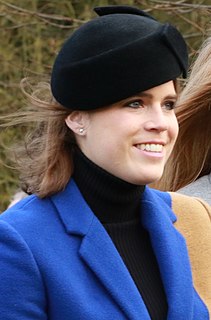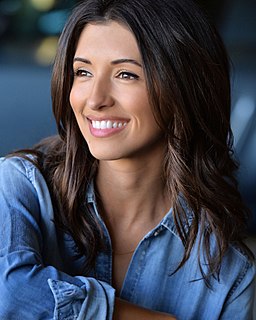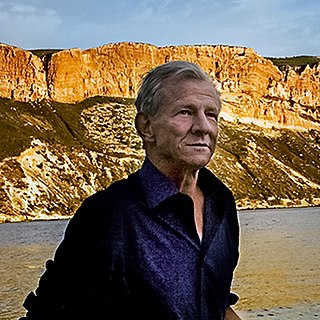A Quote by Princess Eugenie of York
I did art history and English literature at Newcastle.
Quote Topics
Related Quotes
Not long time ago there was a striking example of the extent to which English has diverged: a television company put out a programme filmed in the English city of Newcastle, where the local variety of English is famously divergent and difficult, and the televised version was accompanied by English subtitles!
I'd studied English literature and American history, but the English literature, which I thought was going to be helpful to me in an immediate way, was the opposite. So I had to un-think a lot of things and move out of my own head, and I learned a lot. It was like graduate school, but an un-graduate school or an un-school.
One task of literature is to formulate questions and construct counterstatements to the reigning pieties. And even when art is not oppositional, the arts gravitate toward contrariness. Literature is dialogue: responsiveness. Literature might be described as the history of human responsiveness to what is alive and what is moribund as cultures evolve and interact with one another.
The 20th century saw far greater catastrophes than September 11th, as bad as it was, and they didn't render literature or art or music irrelevant. In fact, I think that literature and art help us to understand - sometimes they provide narratives and metaphors for understanding history, for understanding recent catastrophes.
We know from our recent history that English did not come to replace U.S. Indian languages merely because English sounded musical to Indians' ears. Instead, the replacement entailed English-speaking immigrants' killing most Indians by war, murder, and introduced diseases, and the surviving Indians' being pressured into adopting English, the new majority language.
Art - I had never thought of that as a career because it was like something I did so naturally, and it was fluid, and it is. And even though I still admire literature as the superior art form, I have to admit that art, for me, that's it; that's what I'm good at, and that's what I should be concentrating on.
The English tourist in American literature wants above all things something different from what he has at home. For this reason the one American writer whom the English whole-heartedly admire is Walt Whitman. There, you will hear them say, is the real American undisguised. In the whole of English literature there is no figure which resembles his - among all our poetry none in the least comparable to Leaves of Grass






































